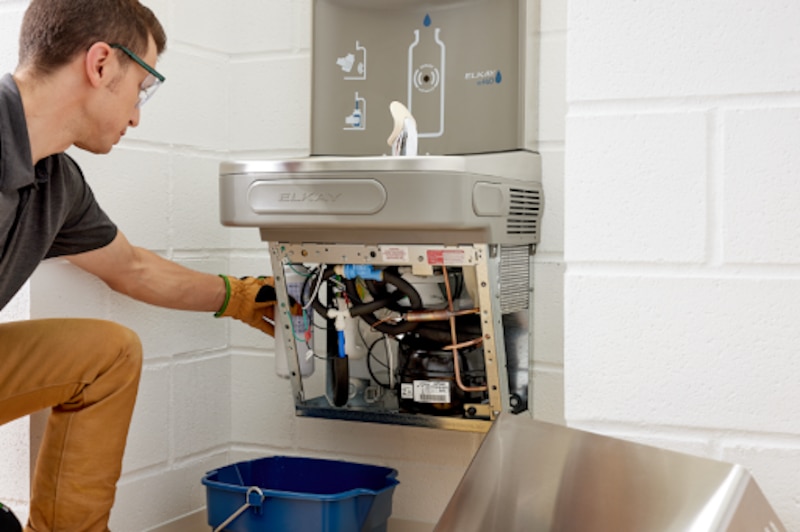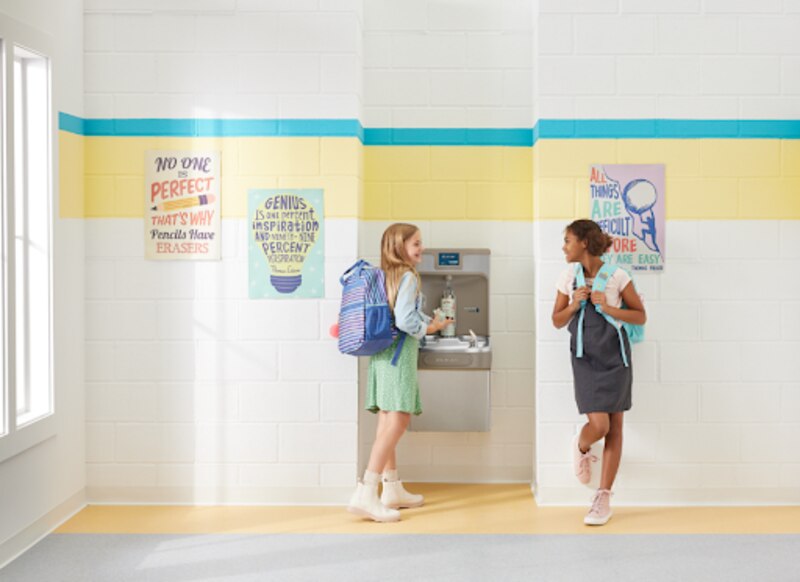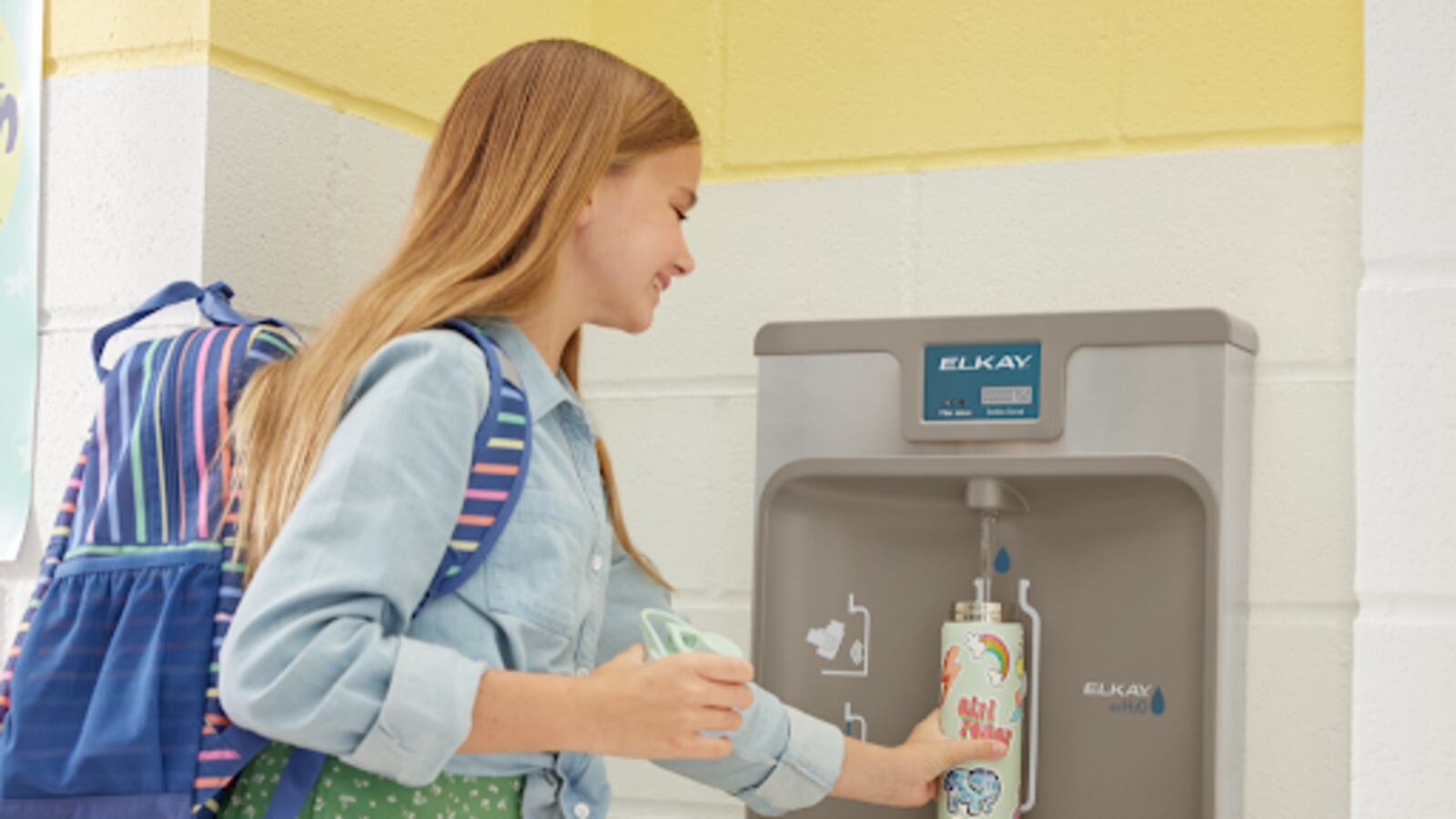Adequate hydration and access to cleaner water is a crucial part of a student’s education. Not only do students feel better when properly hydrated, but they perform better academically, and attendance rates are higher.
Under the Safe Drinking Water Act, Detroit’s drinking water currently meets or exceeds the federal and state regulatory standards. However, many areas in Michigan are still reporting high lead levels. A 2020 statewide audit on public water systems revealed that only 2% of Benton Harbor, Michigan’s service lines could confirm zero traces of lead and 51% of the city’s remaining pipes were known to contain either lead or galvanized steel to lead lines.
Luckily, Michigan lawmakers recognize the importance of proper hydration in schools and have been taking steps to ensure that students have access to cleaner water.
The ‘Filter First’ water safety legislation that recently passed in the Michigan Senate aims to ensure that children have safer water to drink through a comprehensive program to install filters on drinking and cooking water sources in schools and childcare centers (Michigan League of Conservation Voters). Although legislation is a step in the right direction, these laws take time to take effect.

As a result of the COVID-19 pandemic, in March 2021, the Department of Education announced the allocation that each state agency will receive under the American Rescue Plan Elementary and Secondary School Emergency Relief (ARP ESSER) Fund, totaling $122 billion in relief for K-12 schools (U.S. Department of Education).
ESSER funds can help school administrators to provide cleaner, filtered drinking water in their facilities by installing touchless fixtures and filtered drinking water units, like Elkay’s ezH2O® Bottle Filling Stations to encourage students and staff alike to stay hydrated throughout the day while mitigating the spread of germs.
With ESSER funds, administrators can ensure student attendance stays high by purchasing necessary upgrades. Take action for your school today – ESSER II funds expire September 30, 2023, and ESSER III funds expire September 30, 2024. Learn more about how to apply for ESSER Funds by visiting the Office of Elementary and Secondary Education’s website.

One way to consider use of ESSER funds is by installing Elkay’s bottle filling stations that have NSF-certified filters that reduce lead and other contaminants in water and feature hands-free, sanitary operation, helping reduce the risk of germs spreading and thus, supporting uninterrupted in-person learning for students and staff.
The units include an exclusive Green Ticker™ that tells users the number of 20 oz. plastic water bottles that have been saved from waste, which makes for great sustainability teaching moments for students. Additionally, key plastic components on the unit have a special silver ion antimicrobial protection that inhibits the growth of mold and mildew.
Elkay believes that children in Michigan communities deserve cleaner and healthier water, especially where they’re learning and growing every day. When schools are equipped with no-touch fixtures and filtered drinking water units, the risk of spreading germs is reduced and students, staff and educators can reap the benefits.
Just last year, Elkay partnered with 501CTHREE to install a Water Box in Benton Harbor, where residents had been in need of cleaner drinking water due to elevated lead levels in their municipal water supply.
To learn more, visit Elkay’s K-12 Solutions page and contact your local Elkay Sales Representative to learn more about upgrading your school’s hydration and hand hygiene by using ESSER funds.
Chalkbeat’s editorial staff had no role in writing or preparing this paid content. Learn about our sponsored content policy.


